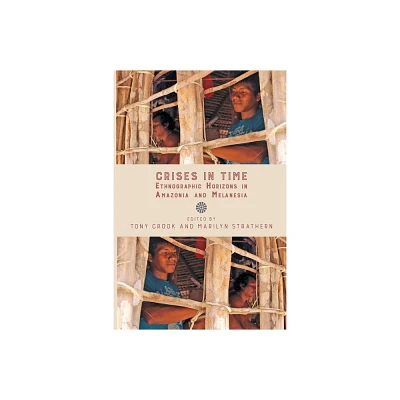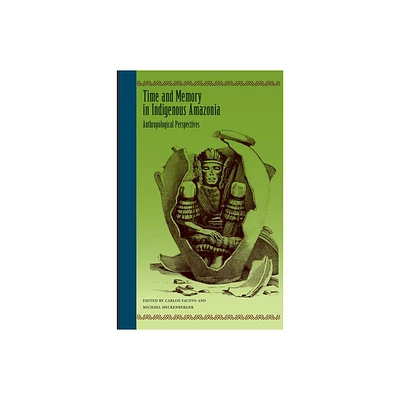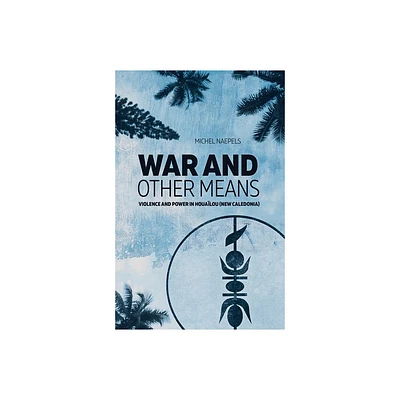Home
Crises in Time: Ethnographic Horizons in Amazonia and Melanesia
Loading Inventory...
Barnes and Noble
Crises in Time: Ethnographic Horizons in Amazonia and Melanesia
Current price: $35.00


Barnes and Noble
Crises in Time: Ethnographic Horizons in Amazonia and Melanesia
Current price: $35.00
Loading Inventory...
Size: OS
*Product Information may vary - to confirm product availability, pricing, and additional information please contact Barnes and Noble
This book considers some of the ways in which time appears - and seemingly does it work - through moments of crisis. What can different concepts of time and diverse temporal frameworks tell us about how crises are configured and apprehended?
First-hand research is central to the fashioning of ethnography through fieldwork, yet always brings with it a specific time horizon. Recognizing that the ethnographer's present is not always the best vantage point from which to grasp contemporary issues offers a fresh entry into current debates on how both past and future stimulate social action, and thus reveal its temporal multiplicities. These essays turn to present-day Amazonia and Melanesia to examine in detail the production and reproduction of specific crises and the time horizons they mobilize.
The ethnographic themes explored include the transformation of crises prophesized in the past and their implications for the future; what it means to explore perceptions of crisis from the aftermath of recent armed conflict; the multifaceted nature of future horizons precipitated by changing economic policies, when these have bodily as well as social impact; and the amelioration of governmental crisis through initiatives that rely on specific temporal understandings of effective change. Such trajectories are set variously against backgrounds of continuing colonialism, environmental calamity, overt hostility, the absent or over-present state and perceptions of moral degradation.
Further analytic reflections examine the ways crisis holds the imagination through subsisting in time; configure international temporal frameworks through depictions of the climate crisis as the 'tragedy of the horizon'; and highlight a perspective from which to compare the diverse temporal frameworks presented in the preceding chapters.
First-hand research is central to the fashioning of ethnography through fieldwork, yet always brings with it a specific time horizon. Recognizing that the ethnographer's present is not always the best vantage point from which to grasp contemporary issues offers a fresh entry into current debates on how both past and future stimulate social action, and thus reveal its temporal multiplicities. These essays turn to present-day Amazonia and Melanesia to examine in detail the production and reproduction of specific crises and the time horizons they mobilize.
The ethnographic themes explored include the transformation of crises prophesized in the past and their implications for the future; what it means to explore perceptions of crisis from the aftermath of recent armed conflict; the multifaceted nature of future horizons precipitated by changing economic policies, when these have bodily as well as social impact; and the amelioration of governmental crisis through initiatives that rely on specific temporal understandings of effective change. Such trajectories are set variously against backgrounds of continuing colonialism, environmental calamity, overt hostility, the absent or over-present state and perceptions of moral degradation.
Further analytic reflections examine the ways crisis holds the imagination through subsisting in time; configure international temporal frameworks through depictions of the climate crisis as the 'tragedy of the horizon'; and highlight a perspective from which to compare the diverse temporal frameworks presented in the preceding chapters.


















